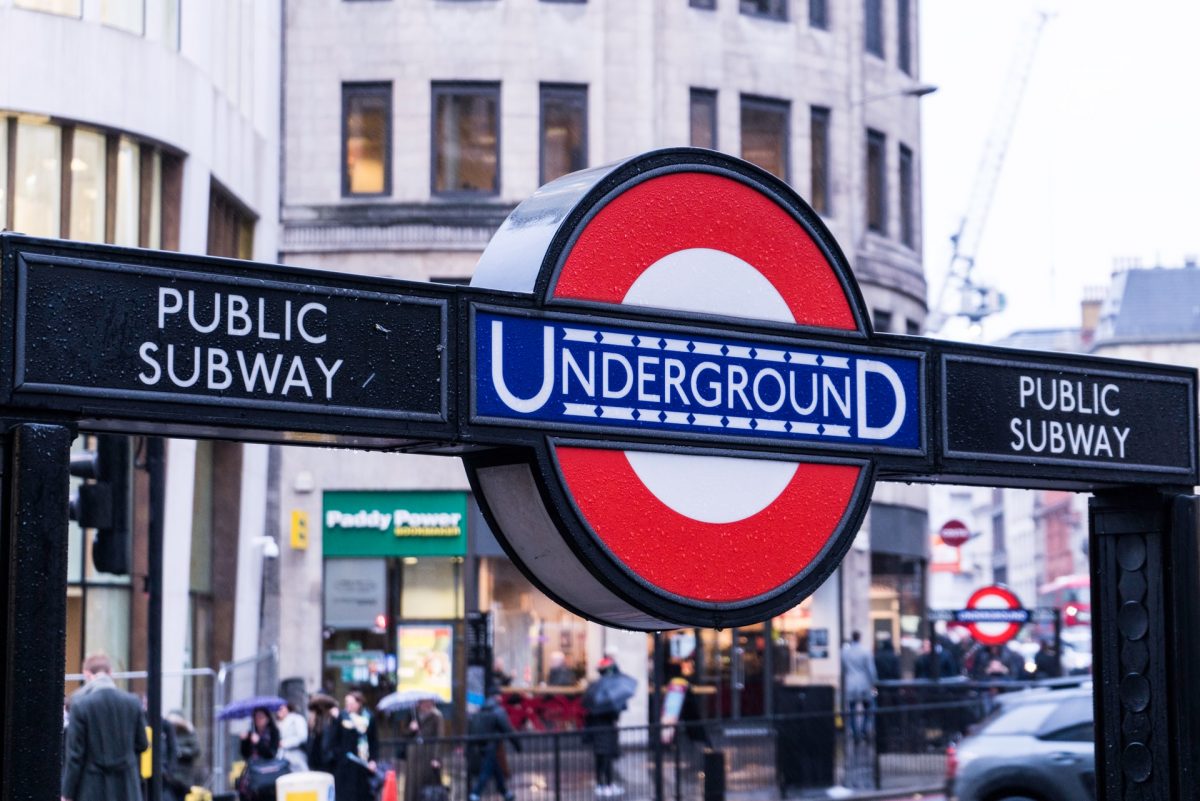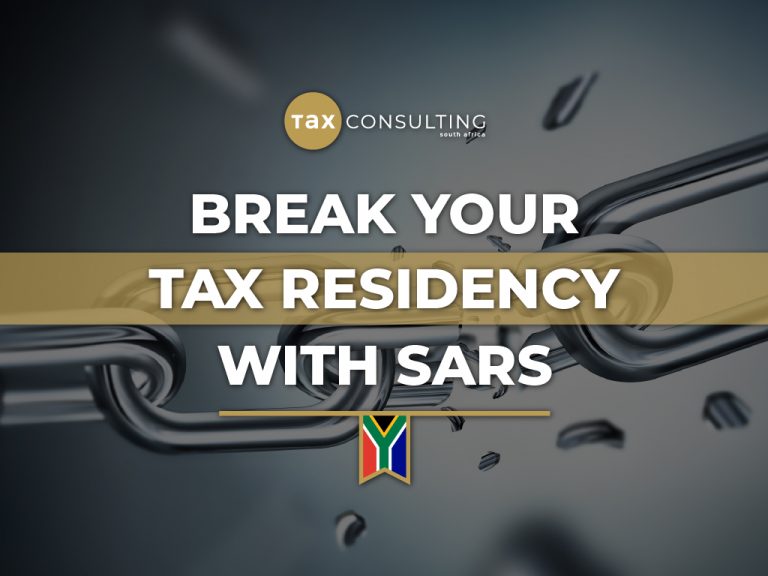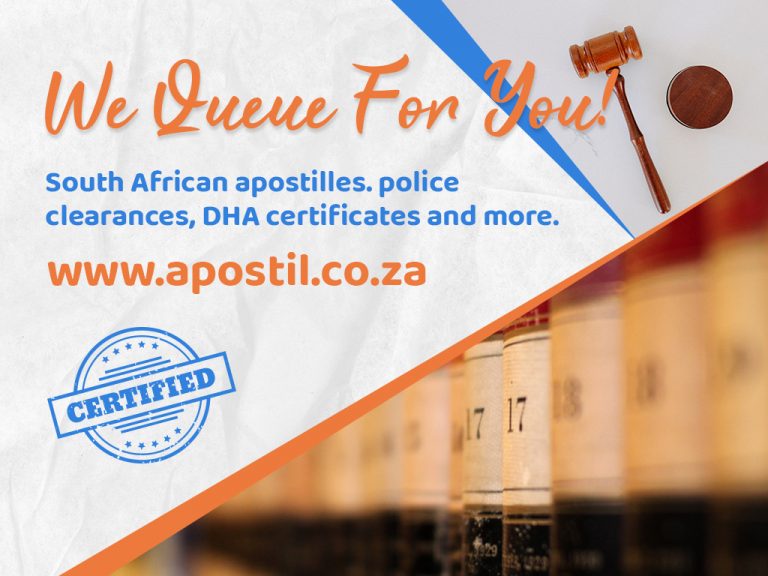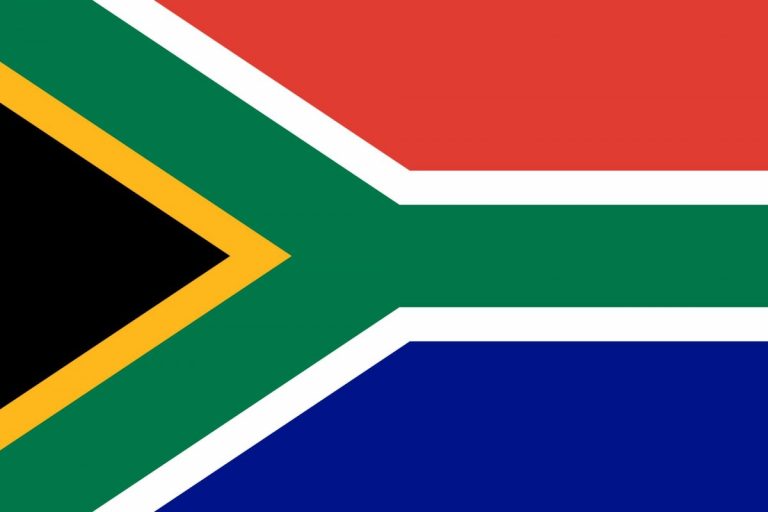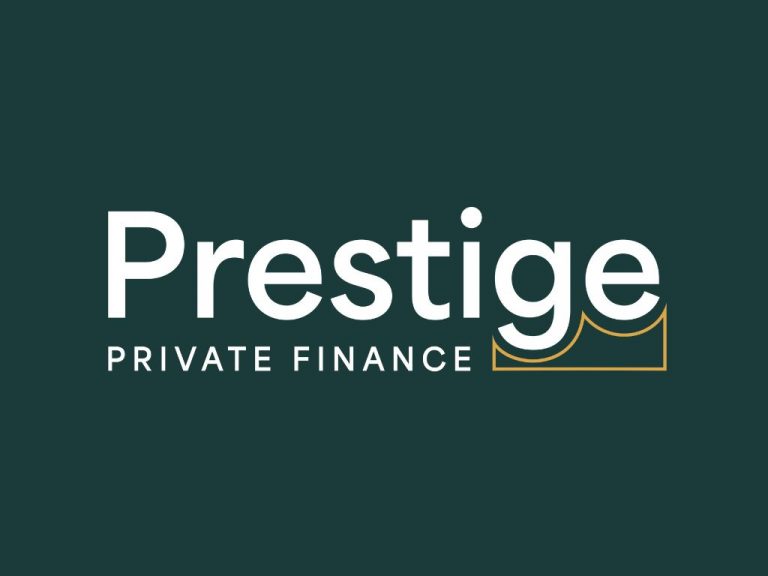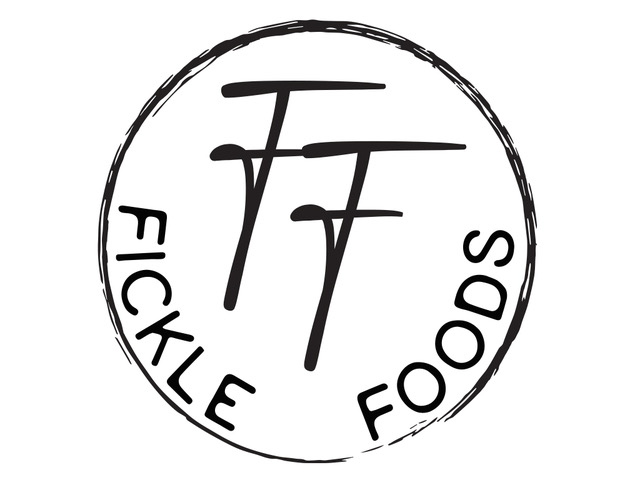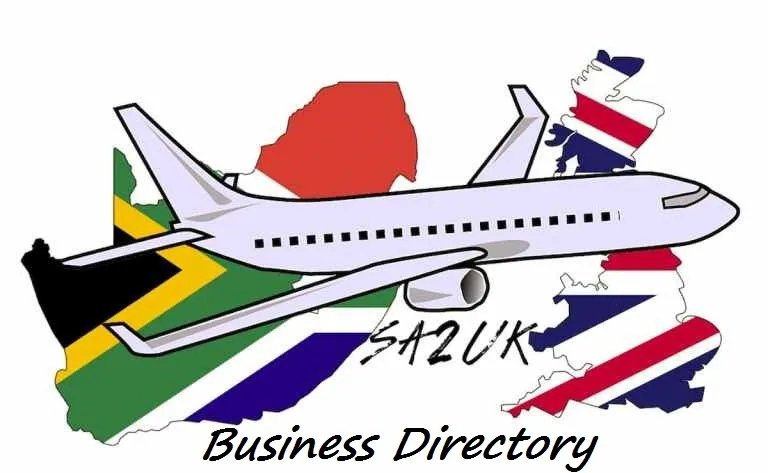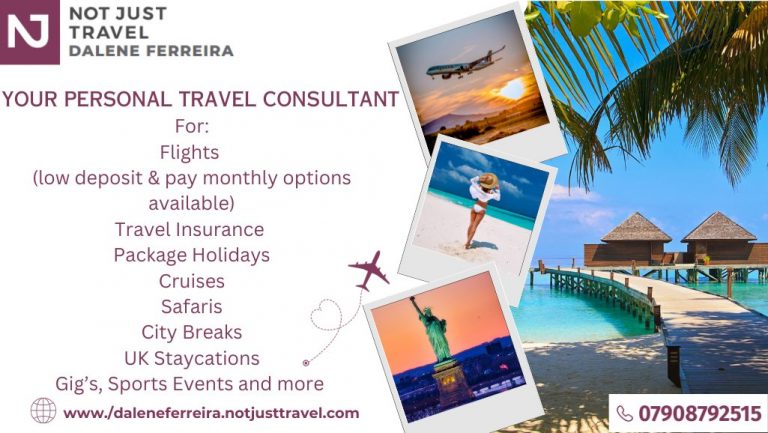There are quite a few things to do on arrival to get you up and running.
If you are reading this page before you leave SA, it may be an idea to make a list of the things you need to do when you arrive in the UK.
Here are some of the important things to prioritise on, that will make it a bit easier to settle into your new country that you will start to call home.
Arrival at the airport
You may have arranged for family or friends to meet you at the airport, or you may be planning on making your own way from the airport.
If you are in need of airport transfers there is a very good service called DNR transfers who do airport transfers and have large vehicles for those bringing a lot of luggage.
Mobile phones and sim cards
One of the first things you should do when you arrive is get a UK mobile SIM card for your phone, so that you will have a UK phone number.
Later on once you are settled, you can change to a contract if you wish, but a sim card will get you up and running so that at least you have a method of communication.
The public transport system
It is quite easy to commute around the UK and there are various reliable transport services.
There are plenty of buses, especially around London.
Of course at first everything seems daunting and it may take a while to find your bearings, but never be afraid to ask directions. The British are pretty helpful and will gladly help in pointing you in the right direction.
There are also trains which are easy accessible and you will also find the tube to be a handy form of transport.
Remember there is always someone that will help you with directions, all you have to do is ask.
Accommodation
You may have secured accommodation prior to moving to the UK, or you may have arranged to stay with friends and family for a while.
If you are staying with friends or family, use this time to get all the basics set up as the more you can do, the more you will be able to function and start to feel more settled.
Have a look at the accommodation page for various forms of accommodation that is advertised.
Air B&B’s are becoming extremally popular, where you are able to rent a home for a short period of time, which also may make it easier if you have pets as some of them also allow this.
Work
You may have secured a job before you moved to the UK, or you may start looking when you get here.
If you are going to look for a job when you arrive, don’t worry if you are not able to find something that you are qualified in.
There is plenty of work in the UK, and if you are prepared to do anything, this will help you to at least start earning an income.
There will be plenty of time later to look for your dream job.
A great thing about working in the UK is that you are not judged on what type of job you do.
Make a few copies of your cv and when you visit shops, ask if they have any vacancies, then if they do, just leave them a copy of your cv.
Remember first impressions count for a lot, so for example if you get chatting to a store manager and hand her or him your cv, make sure you give a good friendly first impression.
There is always plenty of retail work or shelf packing jobs in supermarkets, so this is a good place to start.
If you have a bit of time to play with while you are seeking employment, maybe offer to volunteer one day a week in a charity shop.
Not only will you be doing your bit for charity, but this is also a great way to start getting used to the British culture and will also be extra experience to add to your cv.
National insurance number (NI)
Your National Insurance number is your own personal account number. The number makes sure that the National Insurance contributions and tax you pay are properly recorded on your account. It also acts as a reference number for the whole social security system.
It’s made up of letters and numbers and never changes.
Apply for a national insurance number.

Tax code
Your tax code determines how much income tax is deducted from your salary by your employer before you receive your wage. If it is wrong, then you are either paying too much or too little tax.
At first you may be given an emergency tax code, which is used by your employer because your correct tax code is not available. It’s only meant to be a temporary measure, and only used until the tax office sends you and your employer the right tax code. You can find your tax code on a payslip.
If you are on an emergency tax code while you are waiting for your correct tax code, you may pay more tax for a while.
Don’t worry though as if you over pay on emergency tax, you will get a rebate of any over payments once your tax code is corrected
Register with a GP
Anyone in England can register with a GP surgery. It’s free to register.
Register with an NHS dentist
It is worth trying to register with an NHS dentist, however this is not always guaranteed as the availability may vary in the different areas.
You may not be able to be registered with an NHS dentist straight away and may have to go on a waiting list.
There is however the other option of going private.
Open a bank account
You will need to open a bank account for things like your salary when you are working, and also monthly payments, direct debits etc.
Visit the Bank Accounts and Money Transfers page to find out more information regarding bank accounts.
Schools
If you have children and have not already secured a place in a school, you can see what schools are available in the area that you are going to be staying in.
Find and compare schools in England
Pets
If you have brought your pets with you to the UK, you will need to find pet friendly accommodation.
Although the search for accommodation can be a bit more challenging, there are places available that will accept pets.
Another option is to let your pets stay with pet sitters, friends or family until you can find suitable accommodation.
The British are big animal lovers and you will rarely see dogs roaming in the streets.
It is a good idea to have your pets micro chipped, in the event that they get lost.
This way they will be able to track your pet back to you in the event they are found or taken to a vet.
Vet costs can be expensive, so it is also worth taking out pet insurance.
Owning a vehicle

You can pick up some great vehicles in the UK for affordable prices.
Make sure you go to a reputable car dealer.
You may just want tp get an inexpensive vehicle when you first arrive, just to drive around in if you don’t want to use public transport.
Have a look at this step by step guide for when you purchase a vehicle
If you are renting a property
Council Tax
Council tax is the local tax which helps councils pay for the services they provide. They use the money collected for things such as maintaining roads and street lighting, and for services such as street cleaning and rubbish collection etc.
Some helpful council tax links
- Who has to pay
- Discounts for full time students
- Discounts for disabled people
- Paying your bill
- Check your Council Tax band
- Apply for a Council Tax discount
- How to set up a new Council Tax account on a property you have recently moved into.
Broadband and TV
Shop around for some good deals on broadband and TV
To make it easier we have put together a list of various service providers which have been put into the different categories
Check if you need a TV licence
Pay for your TV licence here if you require one
Read more about TV and entertainment in the UK
Gas and Electricity

- Compare energy deals
- Prepayment vs standard credit meters
Register on the electoral roll
IF you’re registered on the electoral roll at your new address, it might improve your credit rating.
Find out your rubbish collection day
Check your council’s website to find out when your rubbish will be collected.
Locate the Fuse Box and Water Valve
The fuse box and water valve are two things that you don’t want to end up looking for when you really need them. It’s much better to identify their locations now so that if your power goes out or you need to turn off the water for some reason you’ll be able to make your way there directly. As
You may have to apply for a parking permit
If you’re moving to a residents-only parking area, you may want to apply for a parking permit before you move
Furniture and appliances

It makes sense to start of with the essentials when setting up home, and if you are on a tight budget then you will find many items that are gifted for free on the freecycle websites and Facebook pages.
Also try joining the Facebook selling groups in your area, where you will find items that are being given away or being sold at affordable prices.
You could also try looking at your local charity shops, where you will find many household items in excellent condition.
When you start building your home, look at the essentials first, then you can later build on that as your budget allows.
Groceries

If you are still in South Africa and want to get an idea of what your groceries will cost in the UK, a good idea is to make your usual shopping list, then visit the online supermarkets below so that you can get an idea of what your groceries will cost you in the UK.
These are some of the more popular supermarkets.
Most supermarkets offer a deliver service for a small fee, and online grocery shopping is handy if you do not have a car.
If you are returning to the UK
This page provides information about some of the actions you may need to take if you are a UK national living abroad and you are returning to the UK permanently.


